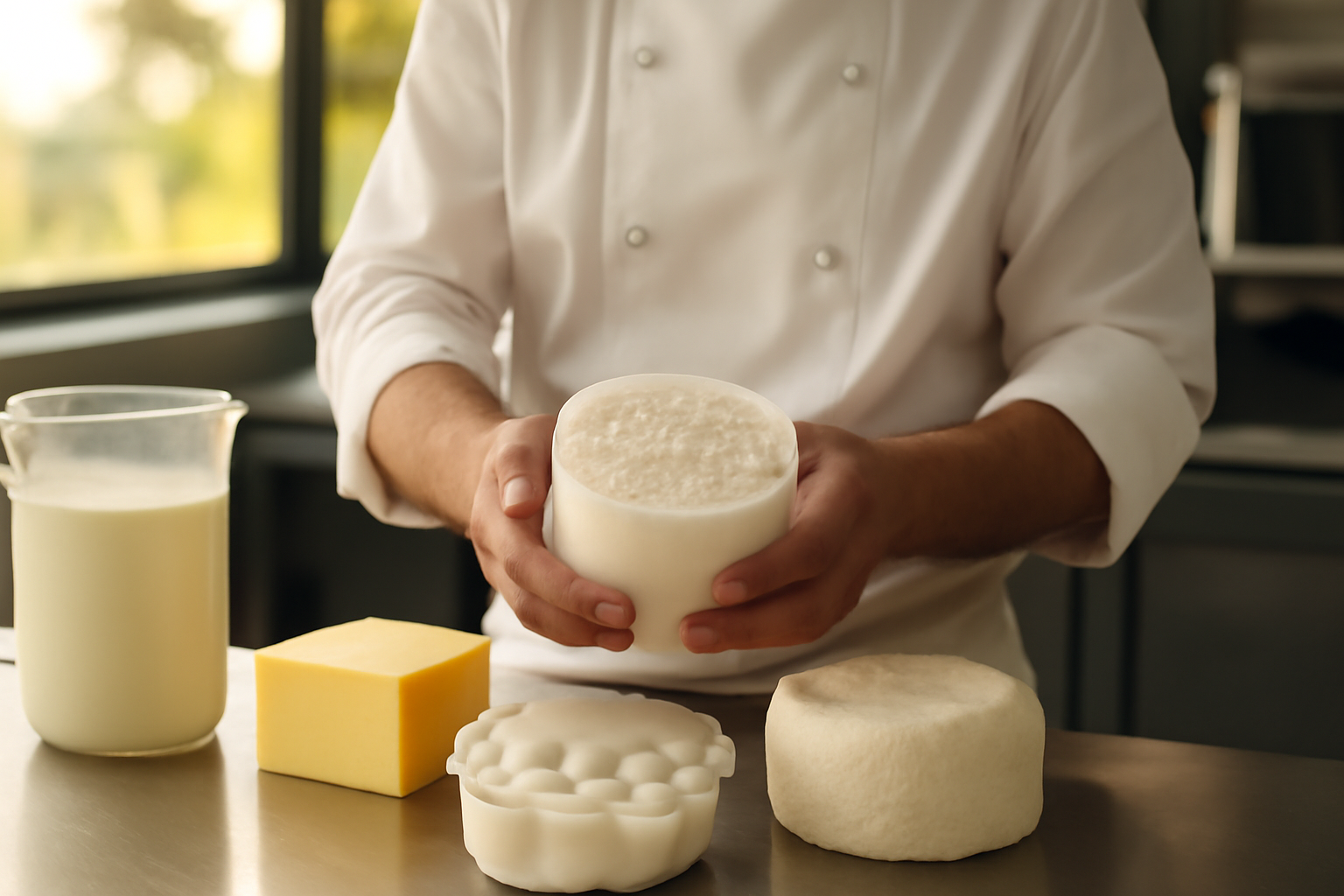Alright chef, let’s talk shop. Running a kitchen in a warm climate like Australia isn’t for the faint of heart—especially when dairy is in play. Milk, cream, cheese, butter—they’re staples, but they can turn on you faster than a soufflé in a thunderstorm if you’re not on your game.
So how do we keep dairy happy, safe, and delicious when the mercury’s pushing 35°C and the cool room is groaning under the lunch rush? Let’s break it down.
1. Cold Chain Is King
You already know this, but it’s worth repeating: the cold chain must never break. From delivery to plating, your dairy should stay between 0°C and 4°C. That means checking supplier trucks (no excuses for dodgy temps), unloading fast, and getting perishables into storage immediately. Pro tip: stagger your deliveries so your team isn’t leaving crates sitting on the dock in the midday sun.
2. Think Beyond the Fridge
Your fridges and cold rooms are the frontline, but in the kitchen? You need extra tricks. Use ice baths for dairy mise en place, keep smaller containers at stations, and rotate them often. No one needs a 5-liter tub of cream sweating on the counter during service.
3. Portion and Rotate
Butter softens beautifully in Aussie heat—sometimes too beautifully. Instead of letting a giant block melt into submission, portion it into ramekins or keep just enough for service out front. The rest? Chilled and waiting. Same goes for milk and cream. Smaller containers mean faster turnover and less waste.
4. Play Smart with Shelf Life
This is where being a savvy chef pays off. Some dairy products give you a bit more breathing room. Aged cheeses? More forgiving. But fresh cream and milk? Not so much. That’s why some chefs are embracing canned cream chargers (yep, Nang Wizard) for certain applications. They’re shelf-stable, fuss-free, and give you whipped cream on demand without worrying about spoilage in the heat. A small backup like this can save you during a busy service when the fresh stuff just isn’t keeping pace.
5. Train Your Team
Your systems are only as good as your staff. Make sure every hand in the kitchen knows:
- Where dairy lives.
- How long it’s been open.
- When it’s time to toss.
Label everything. Rotate stock. And don’t let anyone talk themselves into “just a little longer.” A single off batch can ruin your rep faster than it takes a food critic to post to Instagram.
Wrapping It Up
At the end of the day, keeping dairy fresh in a hot Aussie kitchen isn’t rocket science—it’s discipline, systems, and a few clever hacks. Respect the cold chain, portion smart, train your crew, and don’t be afraid to lean on modern conveniences like canned cream when the climate isn’t playing nice.
Because the truth is, chef: our dishes are only as good as the dairy we put into them. And nothing kills a plate faster than cream that’s been left to sweat it out.


































